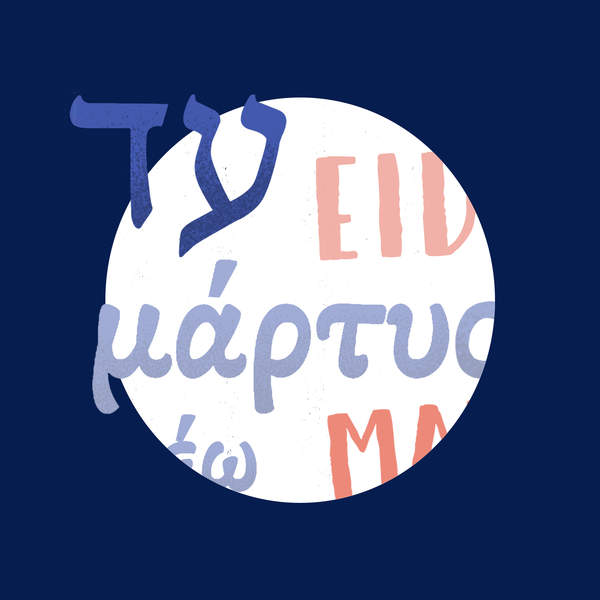
Shema / Listen
Episode Chapters
Show Notes
This week on the podcast we do something a little bit different. We try to look inside the biblical writers’ imaginations and think about what they were trying to picture when they used certain words. The Bible was originally written in Hebrew, Greek and Aramaic. For thousands of years its been passed down through translators. And sometimes the words that we read today in our Bibles don’t fit with the context the authors were originally using. Tim and Jon have a quick discussion on a popular Hebrew word “Shema.” It originally meant "to listen" and to the ancient Hebrew it was one of the most powerful words in the Scriptures, but today its importance is mostly lost. This podcast accompanies the first in a new video series called "Word Studies." For more info, check out our YouTube channel and the video called "Word Study: Shema - Listen". https://www.youtube.com/watch?v=6KQLOuIKaRA Thanks for being part of this!
Scripture References
Referenced Resources
Interested in learning more? Check out Tim's library for a list of recommended books and other resources.
Get the BibleProject app for access to our entire library of resources in one place.
Show Credits
Defender by Rosasharn Music; Shine by The Album Leaf